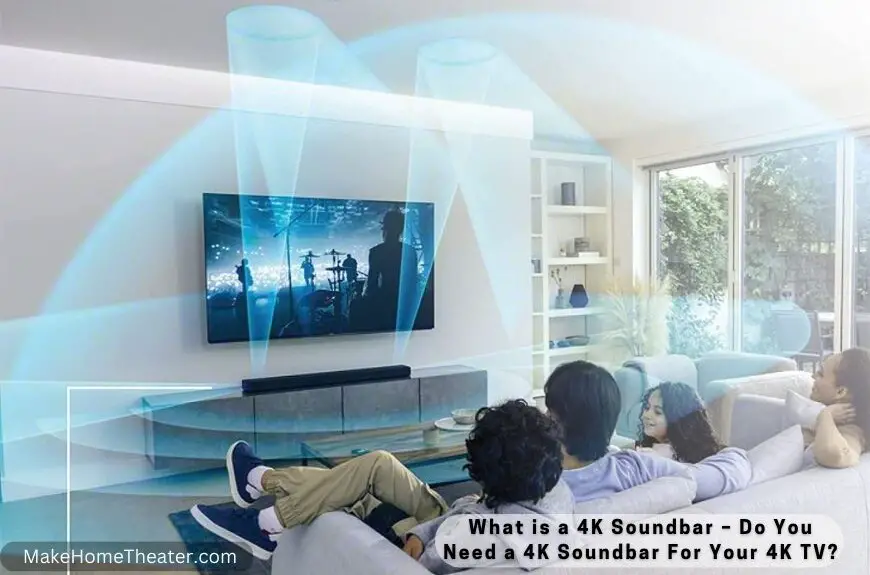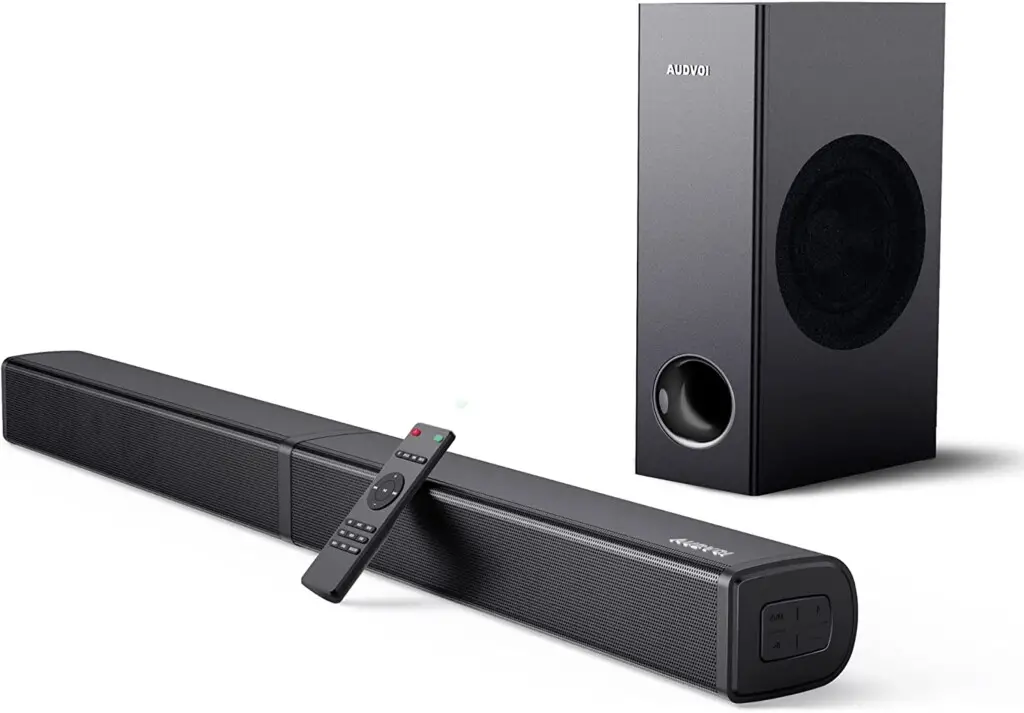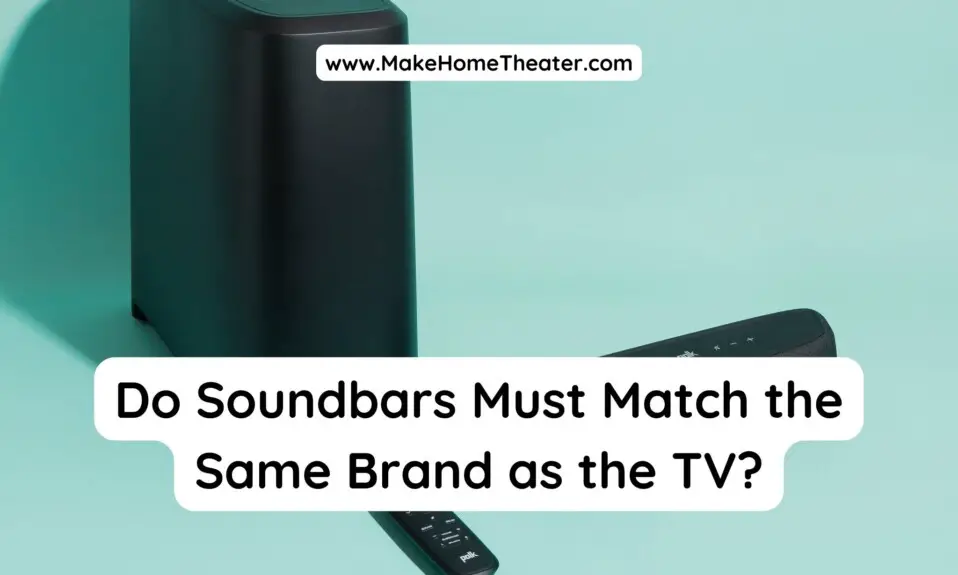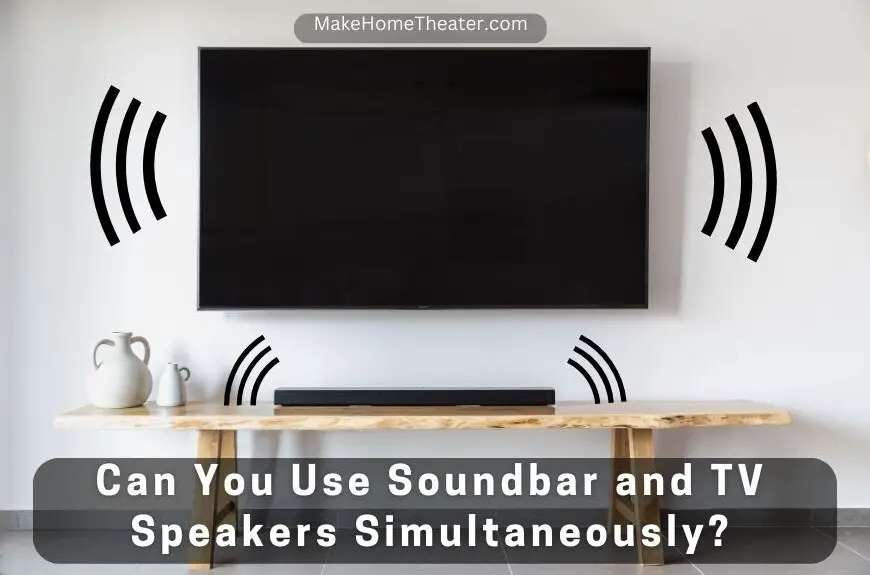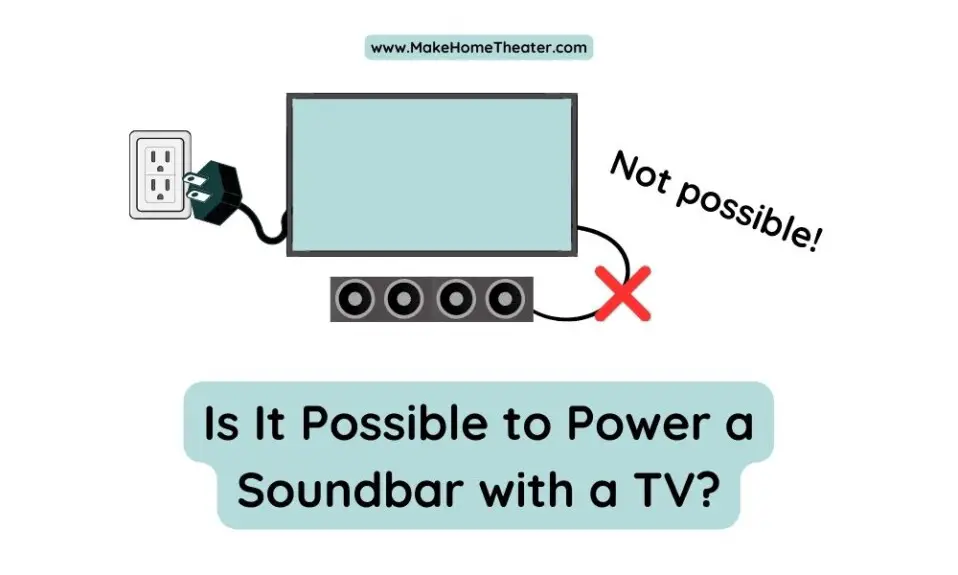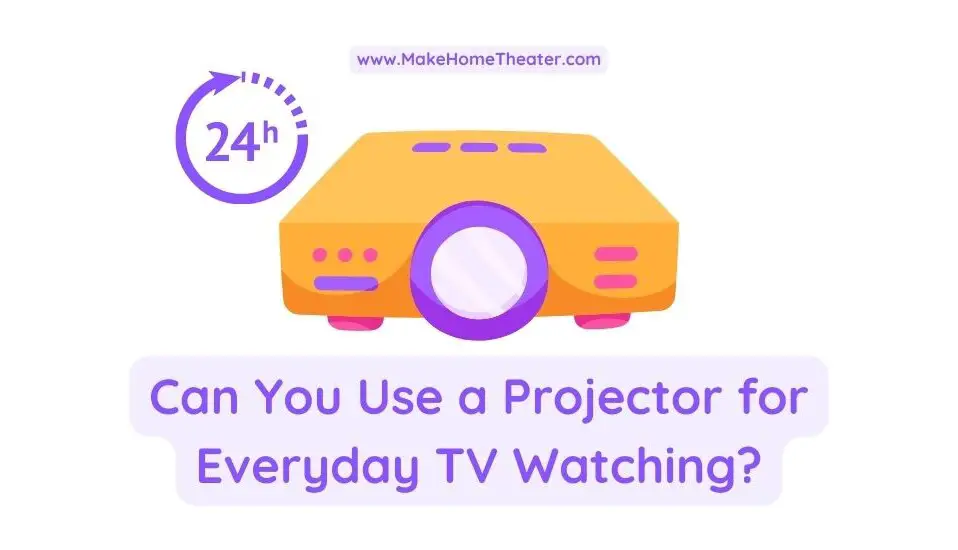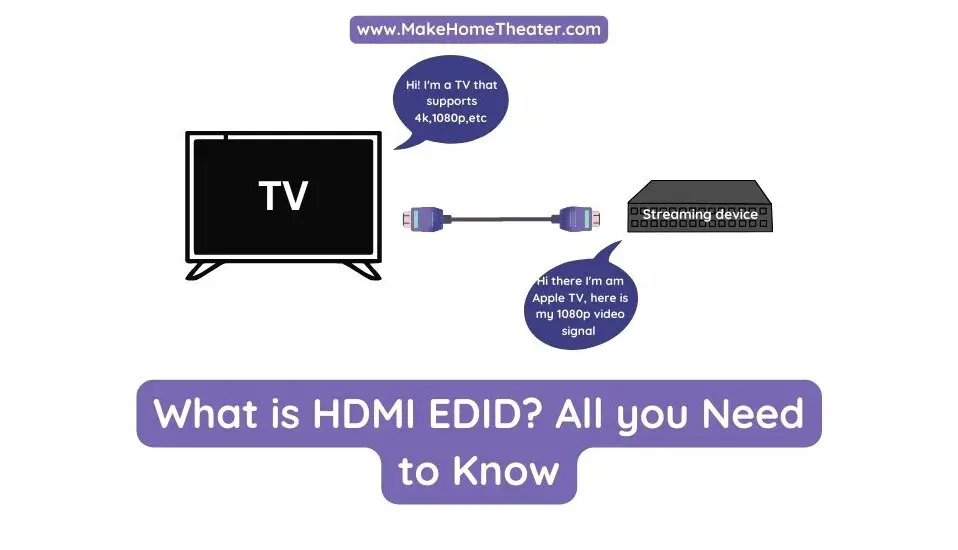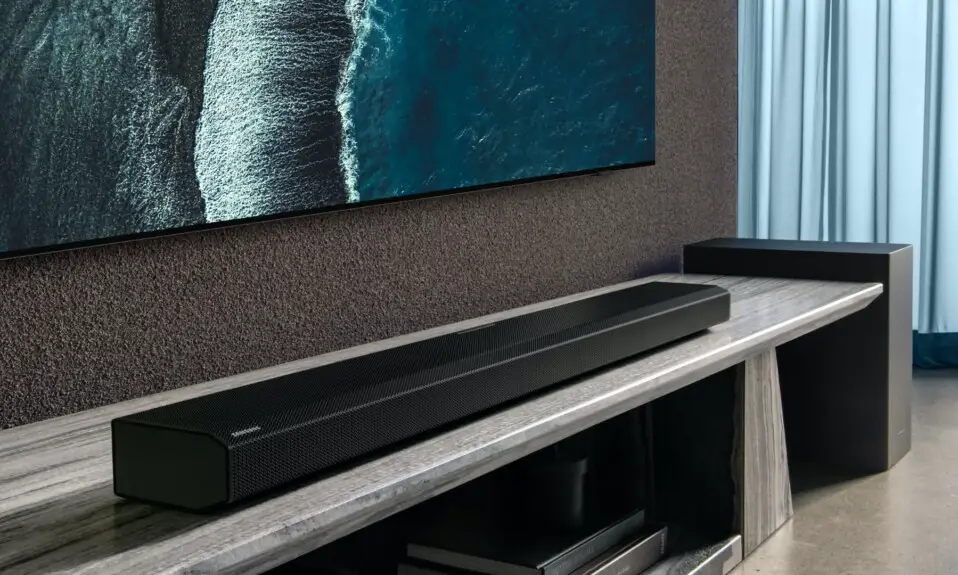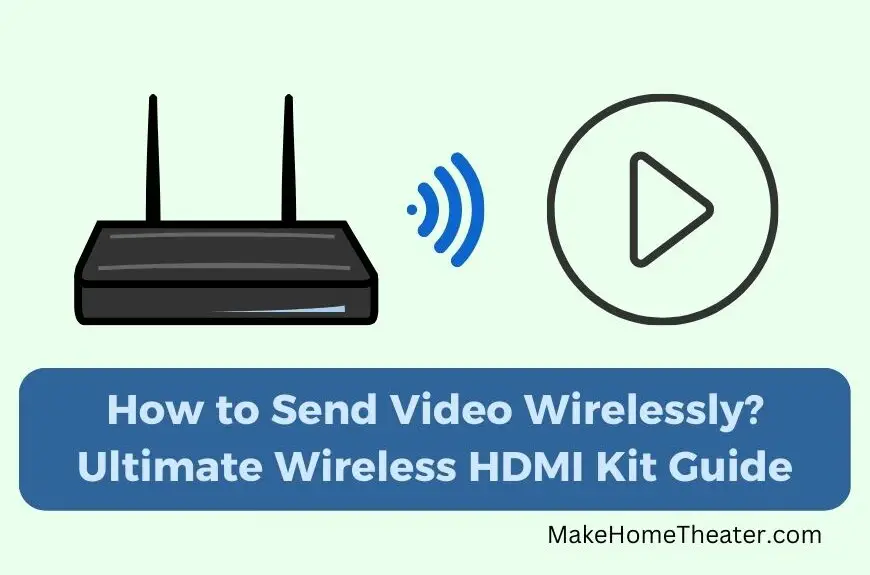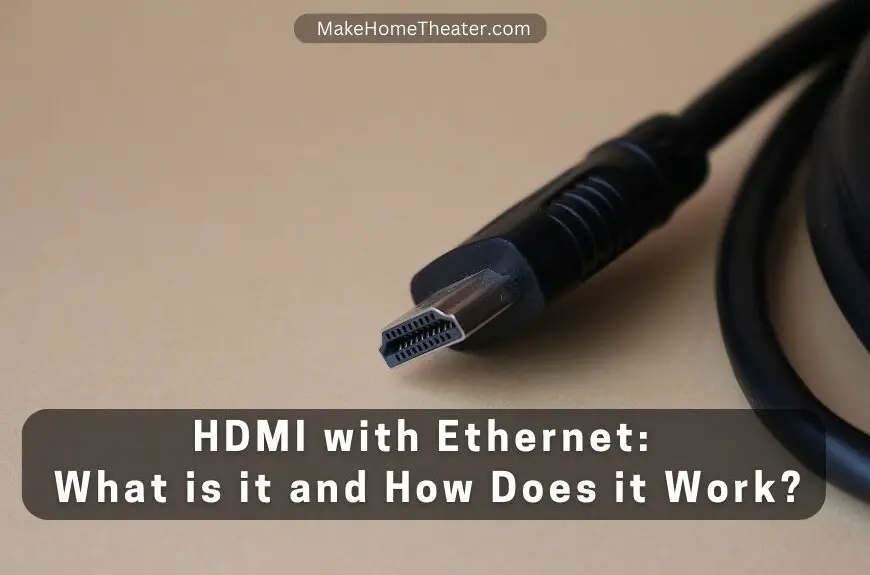If you’re in the market for a soundbar, you’re probably comparing specifications to figure out what you want and need. However, one specification may be causing some confusion: the term “4K” is commonly associated with video specs, not audio. So, what is a 4K Soundbar? Do you need a 4K soundbar?
A soundbar that offers 4K HDMI video pass-through allows you to connect your media device to the soundbar first, then to the TV without losing any video resolution. This means that the soundbar is capable of passing through 4K video signals from the media device to the TV.
You might be wondering why this feature matters and what its implications are. In other words, is it something you need or not? Let’s explore further to find out.
For starters, if you have a 4K TV and a media device that outputs 4K content, you’ll want to ensure that you’re able to enjoy that content in all its 4K glory. A 4K soundbar will enable you to do that without losing any video quality during the process.
Another benefit of a 4K soundbar is that it can simplify your setup. Rather than having to connect your media device directly to your TV and your soundbar separately, you can connect your media device to the soundbar first and then have the soundbar output both the audio and video signals to your TV.
Table of Contents
4K Pass-Through on Soundbars

Soundbars are designed to enhance the audio quality of your television, not improve the image quality. Therefore, it can be confusing to see an image quality specification, such as 4K, in a soundbar specification. However, a soundbar with a 4K pass-through feature means that it has both HDMI in and HDMI out, allowing you to route any video feed, including 4K ones, through the soundbar to the television.
The 4K pass-through feature simplifies cable connections, allowing you to daisy-chain your hardware. You can connect a video source or gaming console to the soundbar first, and then connect the soundbar to your television, resulting in both stunning audio and video.
Although soundbars don’t necessarily need to be 4K compatible, a 4K pass-through can be convenient. By connecting other 4K devices to the soundbar and watching visuals on your 4K TV, games will be brighter, clearer, and more vivid, and movies and TV shows will sound and look amazing, with less of a chance of the audio and video getting out of sync or stuttering.
While a 4K soundbar doesn’t dramatically affect the sound quality or video quality the same way a receiver would, it can enhance your home theater experience by minimizing the number of connection cables you need running around and ensuring better synchronization of audio and video. By using this feature along with HDMI-ARC (Our picks on soundbars with HDMI eARC), you can significantly improve your system.
It’s worth noting that most newer soundbar models come with the 4K pass-through feature automatically, but this may not be true for older soundbars. To determine whether your soundbar is 4K pass-through compatible, you may need to consult the manufacturer’s specifications or contact customer support for assistance.
How to Tell if Your Soundbar is 4K Compatible
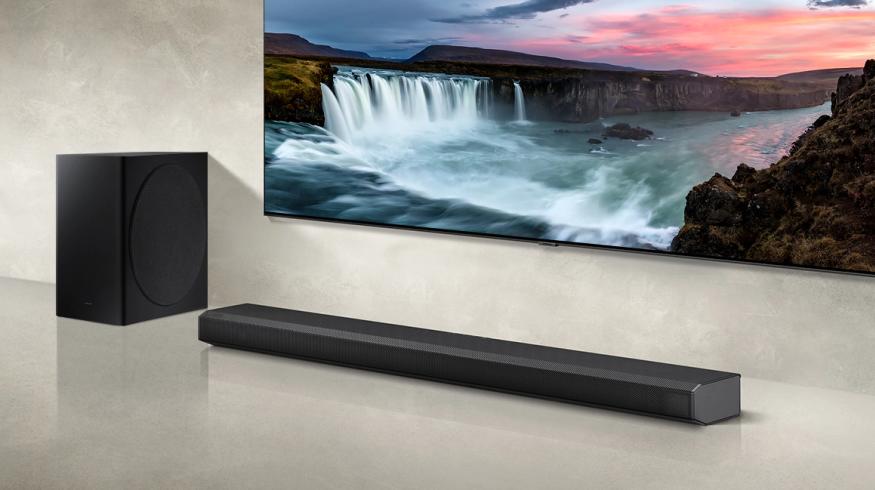
If you’re unsure whether your soundbar is 4K pass-through compatible, there are a few ways to find out. Look for an input that allows video to be transmitted in and another to send it out. If the soundbar doesn’t accept video in, it’s not 4K pass-through compatible.
However, if your soundbar isn’t 4K compatible, don’t worry. There are several great 4K soundbars available on the market, such as JBL Bar 1000: 7.1.4-Channel soundbar with Detachable Surround Speakers and the Bose Soundbar 700, both of which have 4K pass-through.
Before rushing out to buy a new soundbar, though, you might have some questions to consider.
4K Pass-Through Soundbars – Frequently Asked Questions
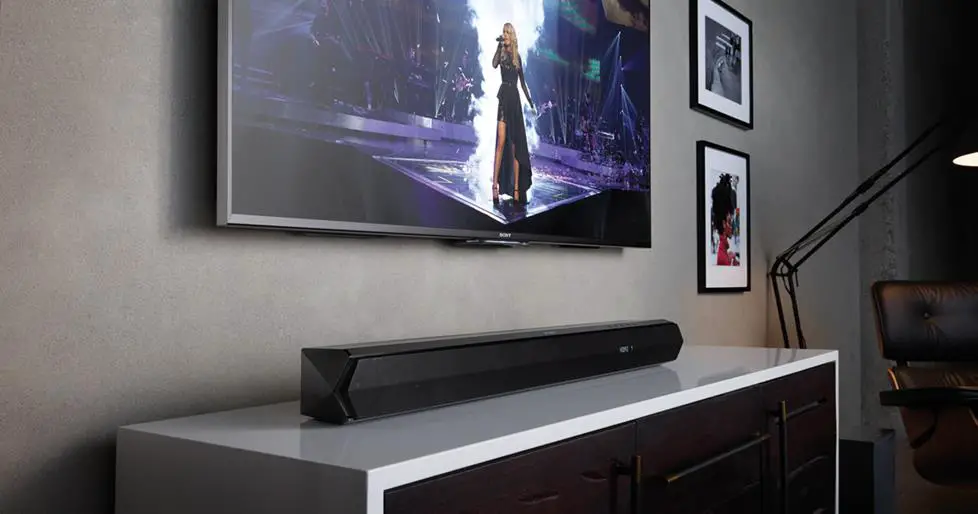
Investing in a soundbar for your home entertainment system can be a significant purchase. It’s essential to have all the necessary information before spending money on one. To help you make an informed decision, here are some of the most frequently asked questions about 4K pass-through soundbars.
Is 4K Pass-Through Necessary on a Soundbar?
Determining whether you need a 4K pass-through on your soundbar usually depends on your setup. If you plan on connecting 4K devices to your soundbar, then it will need a pass-through. It’s worth remembering that soundbars are for audio only, and if you want to transmit video, a pass-through is necessary.
What is a 2.1 Channel Soundbar?
When it comes to soundbars, audiophiles often look at numbers to determine the sound quality. A 2.1 soundbar is the most common and affordable type, featuring 2 tweeters and 1 subwoofer. However, if you primarily use your soundbar for music, consider investing in a model with additional tweeters for better sound.
For a more immersive audio experience, you can opt for a 5.1 soundbar, which can make you feel like you’re at a live concert. For even more remarkable sound quality, there are 7.1.4 soundbars available.
The last number, “4”, indicates the number of elevated speakers that push audio out at varying heights, creating an incredible surround sound effect. Keep in mind that more speakers also mean a higher price tag.
Ultimately, the type of soundbar you choose depends on your preferences and budget. If you’re an avid music listener, it may be worth spending extra on a soundbar with additional tweeters. For movie lovers or those seeking a more immersive sound experience, a 5.1 or 7.1.4 soundbar may be a good investment. However, it’s important to keep in mind that a higher number of speakers typically means a higher cost.
Do I Need HDMI for the Soundbar?
While an HDMI cable is the best option for transmitting a higher quality audio signal, it’s not necessary if you don’t have one. Soundbars can also be connected to a TV through optical, Wi-Fi, Bluetooth, or old audio cables. However, the difference is in the audio quality. If you want to do 4K pass-through, HDMI is required.
Can a Soundbar Connect to Any TV?
Connecting a soundbar to your T.V can be a simple process, but there may be a few reasons why it won’t connect. One of the main reasons is the age of your television. Older models may not have the necessary inputs like HDMI, Bluetooth, or optical cables, which are required to connect the soundbar.
Another reason may be that your soundbar is a newer generation than your T.V, meaning it may not be compatible with the format on the T.V. However, in most cases, your T.V will be compatible by the time you’re ready to add a soundbar.
To ensure compatibility, there are a few steps you can take. Firstly, refer to the owner’s manual of your T.V. The specifications section should have a list of all the inputs available. If you don’t have the manual, you can also check the back of the T.V for an HDMI or optical cable output. If there is at least one output, your T.V should be compatible with a soundbar.
Is a 4K Pass-through Soundbar Worth It?
If you own a 4K T.V and your soundbar lacks a video output, it may be time for an upgrade. However, if your T.V has enough inputs or you don’t mind switching devices, an audio soundbar can suffice.
To Sum Up
It’s not necessary to purchase a 4K soundbar unless it’s the only option to connect your devices. A 4K soundbar won’t provide any significant improvement in audio quality over a non-4K soundbar. However, if you decide to go for a 4K soundbar for connection purposes, ensure that it has a 4K pass-through feature to transmit images to your 4K T.V.
Before rushing out to buy a new 4K soundbar, it’s crucial to ensure that it’s compatible with your T.V. There’s no point in spending money on a soundbar that you may have to return later. Compatibility issues can arise due to different formats, connections, or technology, so it’s essential to double-check before making a purchase.
A 4K soundbar is not necessary for audio quality improvement unless you require it for device connectivity. If you do decide to purchase one, ensure it has a 4K pass-through and is compatible with your T.V to avoid any potential issues.


